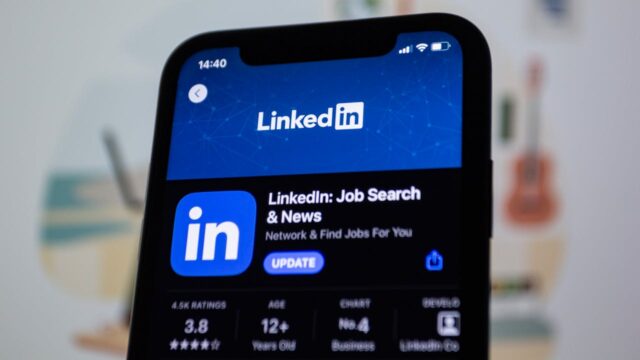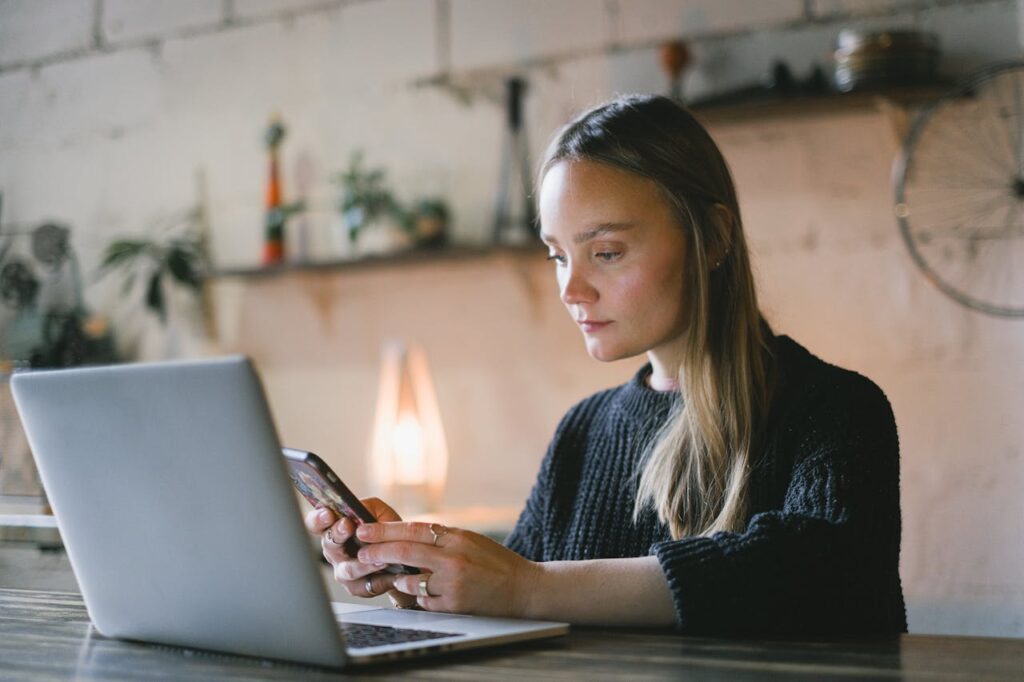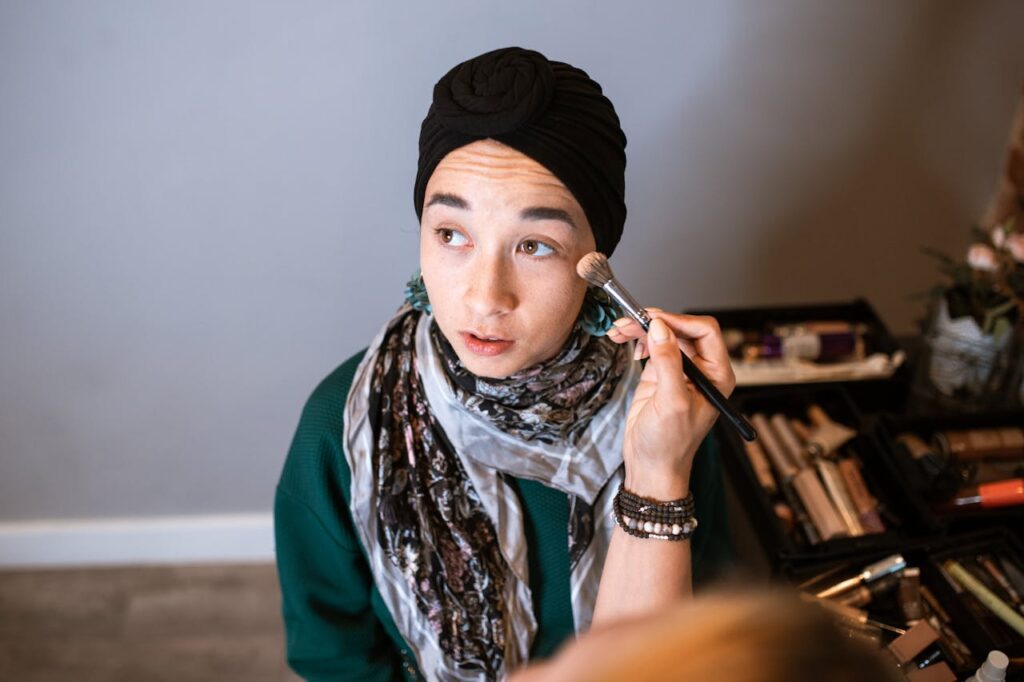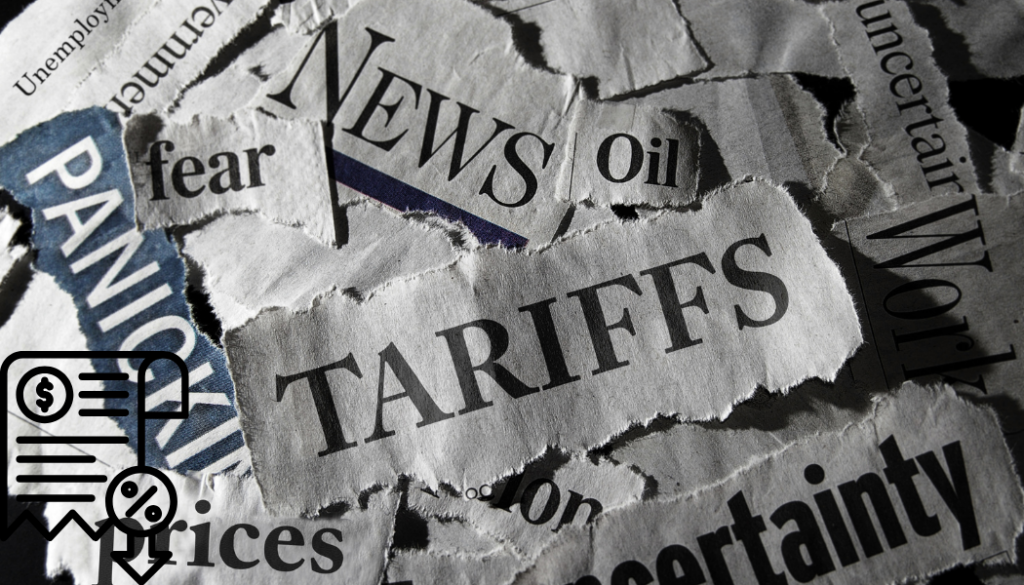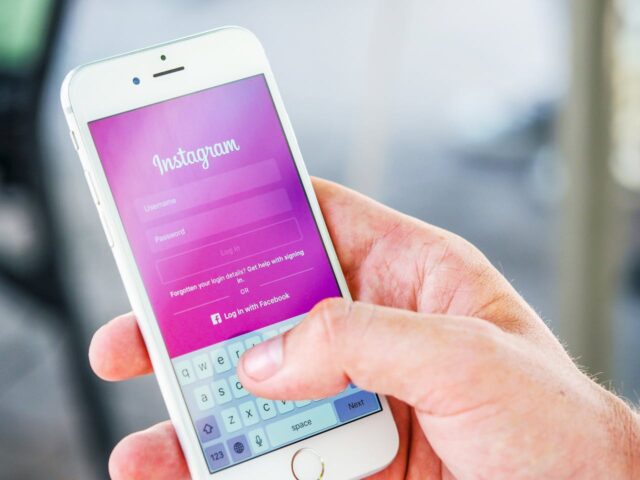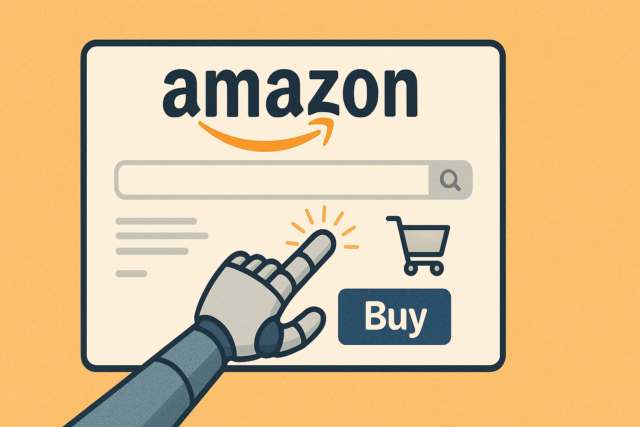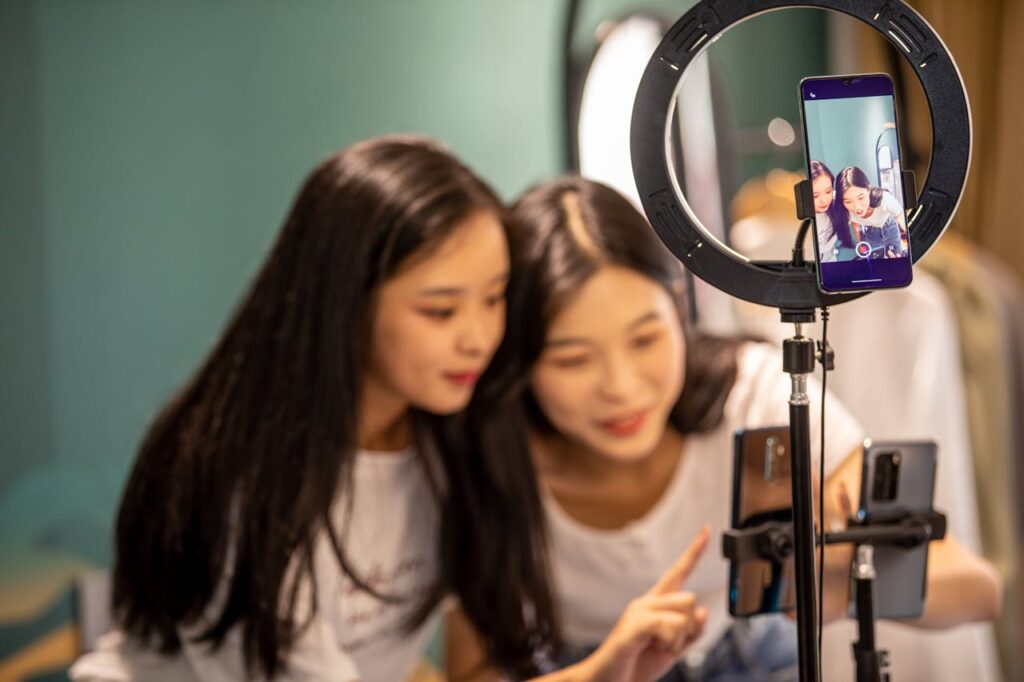Shein and Temu to Raise Prices: What New U.S. Tariffs Mean for Budget Shoppers and E-Commerce Giants
If you’re a fan of grabbing trendy finds for cheap on Shein or Temu, your online cart will feel a little heavier, not in items, but in cost. Starting April 25, 2025, both e-commerce giants will hike their prices for U.S. shoppers.
This isn’t just a business decision; it’s a direct response to major changes in U.S. trade policy, specifically the rollback of the “de minimis” rule and the introduction of new tariffs targeting Chinese imports.
The goal? Level the playing field for American businesses, but this comes at a cost to the millions of shoppers who’ve grown accustomed to ultra-affordable goods.
What Is the ‘De Minimis’ Rule and Why Was It So Important?
The “de minimis” provision allowed imports valued under $800 to enter the U.S. without customs duties or taxes for years.
Companies like Shein and Temu could ship individual packages directly to American consumers from Chinese warehouses, often avoiding the taxes and regulatory scrutiny that apply to domestic and traditional importers.
In 2024 alone, over 1.4 billion packages entered the U.S. under this exemption. Shein and Temu, which thrive on volume and low overhead, reportedly made up over 30% of these.
Critics argue the rule gave overseas sellers a significant edge over the U.S.-based businesses, especially small ones that had to charge sales tax, handle import duties, and comply with stricter regulations.

The rule was foundational to Shein and Temu’s pricing strategy. Without it, they face the same fees that others do, and they’re not absorbing the cost.
What Changed and Why Is It Happening Now?
In early 2025, former President Trump signed an executive order eliminating the de minimis exemption for Chinese imports. As of May 2, any shipment from China, regardless of value, is now subject to complete import duties, which can go as high as 145% on specific categories.
The reasoning behind the move is twofold:
Protect American Jobs and Companies: U.S. retailers and manufacturers can compete more fairly by making it more expensive to import cheap goods from China.
Address National Security and Quality Concerns: Many policymakers have voiced concerns over counterfeit items, unsafe products, and a lack of accountability from platforms selling directly from overseas suppliers.
Whether this will revive American manufacturing is still up for debate, but what’s certain is that the extra cost is being passed on to consumers fast.
How Are Shein and Temu Responding?
With their business model under pressure, Shein and Temu are shifting gears. They’ve announced price increases for the U.S. market effective April 25, just before the new tariffs kick in. While they haven’t disclosed how much more customers can expect to pay, the timing suggests they’re bracing for a financial hit.
In addition to price hikes, both platforms are cutting back on advertising. Between March 31 and April 13, Temu cut its U.S. daily ad spend by 31% and Shein by 19%. That’s significant, these brands typically flood platforms like Facebook, Instagram, and Google with paid promotions to attract buyers.
There’s also speculation that both companies are exploring more U.S.-based warehousing and fulfillment solutions to reduce exposure to future policy changes. But that transition isn’t cheap or simple.
What Does This Mean for You, the Shopper?
For the everyday shopper, this policy change hits the wallet. If you’re someone who regularly shops from Shein or Temu, expect the following:
Higher prices on most items.
Longer delivery times, especially if platforms adjust logistics.

Fewer steep discounts or loss-leader deals.
However, it’s not all bad news. This shift could push more consumers toward local alternatives, resale markets, or more sustainable fashion options. And while the upfront costs might rise, product quality and accountability might also increase.
That said, for lower-income shoppers and college students who rely on platforms like Temu for essentials and budget finds, this creates a new barrier. Whether domestic options can step in to fill that gap remains to be seen.
Why This Could Change the E-Commerce Game
Beyond Shein and Temu, this is a wake-up call for the entire e-commerce industry. The de minimis rollback changes how global sellers approach U.S. markets. And for American consumers who have grown used to convenience, speed, and dirt-cheap pricing it may mean adjusting expectations.
It could also be an opportunity. Domestic retailers may finally see an even playing field, after years of watching consumers flock to ultra-low-cost overseas sellers. Brands investing in local supply chains, ethical production, and fast fulfillment might now find themselves better positioned.
This is about how we shop, what we value, and who we trust to deliver. Shein and Temu have risen by capitalizing on efficiency and affordability but in the new U.S. trade landscape, agility and transparency might be just as important.
Consumers now have a choice: pay a bit more for the convenience of overseas fast fashion or explore more responsible (and often longer-lasting) alternatives. As we hit this e-commerce crossroads, one thing’s for sure the era of unchecked, untaxed international mega-retail is coming to an end.

